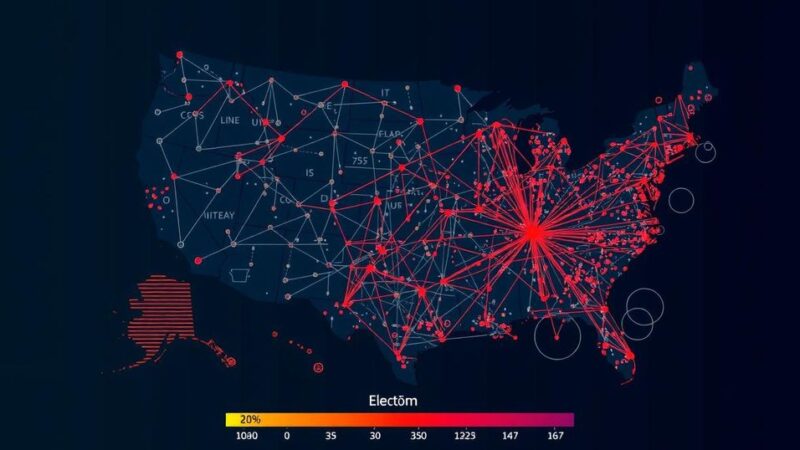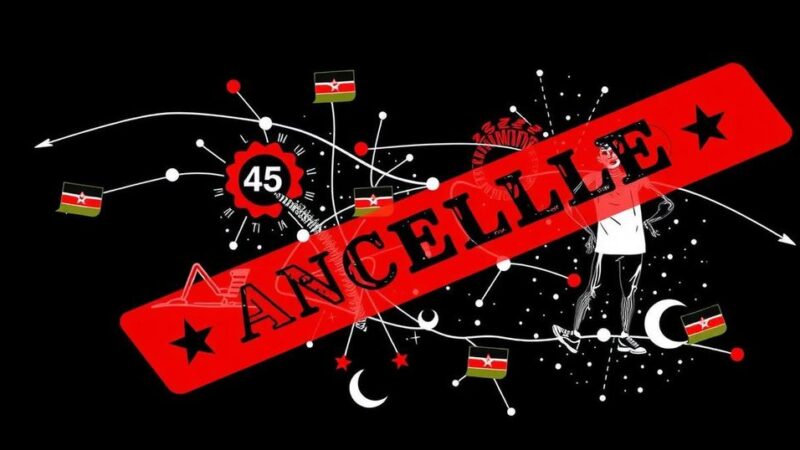This week’s Latam Insights focuses on Brazil advocating for national currencies in BRICS to reduce U.S. dollar reliance, Bitcoin adoption facing challenges in El Salvador, and Argentina achieving a legal breakthrough with smart contracts. Brazil’s Foreign Affairs Secretary emphasizes ongoing discussions about currency shifts; El Salvador’s Bitcoin usage drops to 7.5%; Argentina legally recognizes the first smart contract based on Cardano.
In recent developments concerning the cryptocurrency landscape in Latin America, Brazil has taken an assertive stance at the BRICS summit advocating for the utilization of national currencies among member nations to diminish dependence on the United States dollar. Eduardo Paes Saboia, Brazil’s Foreign Affairs Secretary for Asia and the Pacific, emphasized that discussions on this initiative have already commenced among finance ministers and central bank leaders of the BRICS consortium. He articulated a sense of optimism regarding the potential outcomes of the upcoming BRICS summit in Kazan, indicating that the conversations would be reflected in formal declarations. Conversely, the state of Bitcoin adoption in El Salvador appears to be faltering despite significant governmental efforts to promote its use as legal tender. A recent survey titled “Country’s Path,” conducted by various institutions including Francisco Gavidia University, revealed that only 7.5% of respondents engaged in Bitcoin transactions, marking a decline from the previous year’s figure of 12%. This downward trend has raised concerns among analysts who criticize the substantial investments made by the government to encourage cryptocurrency adoption since its legalization in 2021. In a more positive stride for blockchain technology, Argentina has marked a noteworthy advancement with the approval of its first legal smart contract, based on Cardano. This contract, which entails a four-month loan repayment agreement between two Cardano ambassadors, signifies a pioneering achievement for the legal recognition of digital contracts within the country. The formalization of this contract ensures that any breach can be litigated in court, highlighting the integration of blockchain technology into Argentinian legal frameworks.
The BRICS coalition, initially formed by Brazil, Russia, India, and China in 2006, aims to foster economic collaboration among its members, which now include South Africa and new entrants such as Egypt and Saudi Arabia. Recently, Brazil’s call for the use of national currencies in trade demonstrates a strategic move toward economic independence from the U.S. dollar amid fluctuating global economic dynamics. In El Salvador, the government’s decision to adopt Bitcoin as legal tender in 2021 was aimed at modernizing the country’s financial system and attracting investments. However, the recent survey indicates a disparity between governmental initiatives and actual public adoption, raising questions about the effectiveness of such policies. Meanwhile, Argentina’s recognition of smart contracts is a significant milestone that may influence future legislation and business operations in the region, integrating more digital solutions into formal legal systems.
The developments highlighted in the latest issue of Latam Insights reflect the evolving landscape of cryptocurrency and economic strategies within Latin America. Brazil’s push for the adoption of national currencies among BRICS countries seeks to lessen reliance on the U.S. dollar, while El Salvador’s struggle with Bitcoin adoption illustrates the challenges associated with integrating cryptocurrency into national economies. Moreover, Argentina’s advancement in recognizing smart contracts underscores a progressive shift in embracing digital technologies in legal frameworks. These factors collectively signify critical advancements and setbacks that will shape the future economic dialogue in the region.
Original Source: news.bitcoin.com






